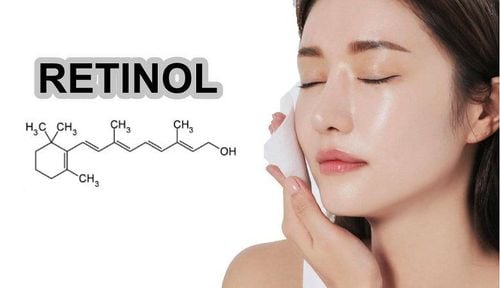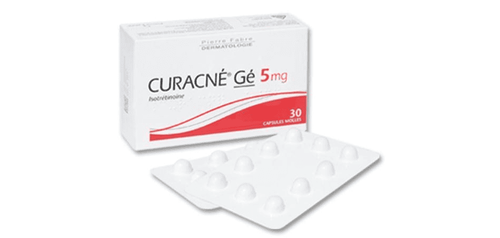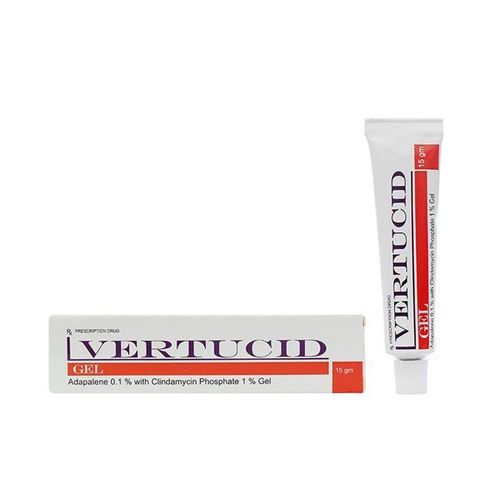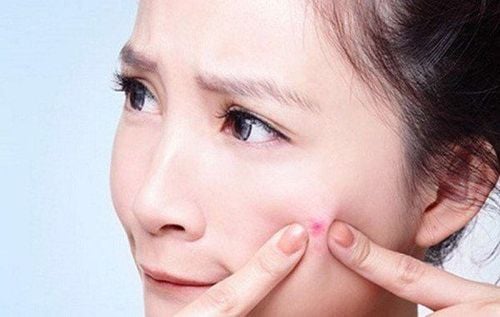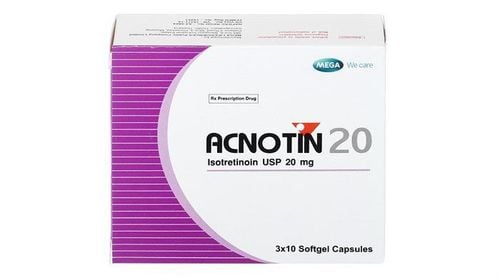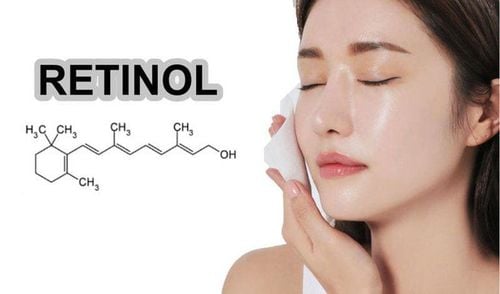This is an automatically translated article.
Acne is an inflammatory skin condition that usually occurs during puberty. But acne also affects adults. In fact, acne is a common skin disease worldwide. One study found that 85% of women and 15% of men had adult acne.
1. Adult Acne
Acne is an inflammatory skin condition that usually occurs during puberty. However, acne can also affect adults, even the elderly.
In fact, acne is the eighth most common skin disease worldwide. Besides, the number of people with adult acne has increased rapidly over the past two decades, especially among women.
Adult acne includes blackheads, whiteheads or small pustules. Acne can also include red patches that cover one-quarter to three-quarters of the face.
In the case of more severe acne, they are often accompanied by more redness, swelling, intense skin irritation and deeper cysts.
Another skin condition that can also be considered adult acne is rosacea. Unlike normal acne, rosacea is characterized by smaller pimples that appear at the same time and end in a cyclical pattern.
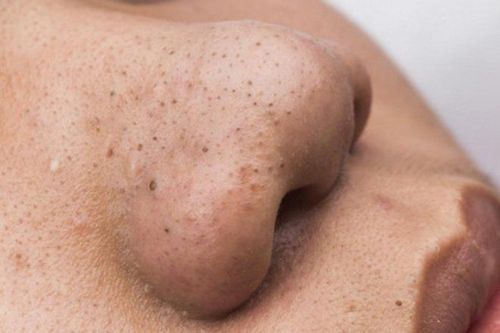
Mụn đầu đen là một dạng mụn trứng cá
Hormonal disorders : Disruption or overstimulation of male and female hormone hormones can lead to adult acne because the hormones determine the changes of the entire body, including the skin. Hormonal disorders can lead to an imbalance in body pH, inflammation and stimulation of sweat and sebum glands to increase activity. Hormonal disorders occur during aging and for women during the period:
Menstruation Pregnancy Pregnancy Postpartum period Lactation period Acne caused by hormone disorders is often deep, cyst-like, tender. and pain.
Contact dermatitis: Anything that irritates the skin can lower the skin's defenses, triggering an active immune system that leads to dermatitis or acne. Some skin contact triggers are skin creams containing some harsh detergents or razors for people with dry skin. Prolonged stress: Prolonged stress can create biological changes in the body, stimulating the agents that cause acne to develop. When a person feels scared, anxious or under pressure, the adrenal glands secrete more of the stress hormone cortisol and imbalance in the skin. Physical Weakness: Physical weakness can also lead to hormonal disturbances, impaired immunity, and inflammation. Physical impairments can result from: Extreme weather conditions Lack of sleep Illness Dehydration due to diarrhea Exposure to toxic environmental substances such as chemicals, preservatives plant...

Stress có thể là nguyên nhân gây mụn trứng cá
Some studies show that people with sensitive skin, prone to allergies, smokers, and people who experience frequent migraines are also more likely to develop acne.
Clogged pores: Sweat and sebum can clog the pores on the skin, causing bacteria and dirt in the pores not to be washed, causing acne to appear. Bacteria: A type of bacteria called Propionibacterium acnes can cause acne if they build up in large numbers. However, most cases of adult acne are not caused by poor hygiene. The bacteria under the skin are usually easily killed through normal face washing. Food: Experts don't make any claims regarding whether certain foods can cause acne. However, many people believe that starchy foods, sweets, dairy and fast food can contribute to an increased risk of acne. Medications: Several medications have been shown to cause adult acne including corticosteroids, antidepressants, and epilepsy medications.
2. Treating adult acne
Usually the treatment of adult acne just focuses on daily acne skin care. However, in many cases, acne needs to be treated with medications.
2.1. Daily skin care
Experts recommend that people with acne need to pay attention to care and clean their skin daily by following these steps:
Wash your face no more than twice a day Use cool or warm water and cleansers mild, has a low skin irritation index. Use your hands or a soft washcloth to gently wash your face for about 30 seconds to 1 minute. Note do not use the brush to scrub the surface of the skin, especially for those with dry skin. Types of products recommended to be used to limit acne include: Cleanser: Facial cleanser that helps wash away dirt, makeup, and dirt on the surface of the skin. Cleansers also help support other skin care products to have a stronger impact. For people with acne, experts recommend choosing mild cleansers with a low skin irritation index.
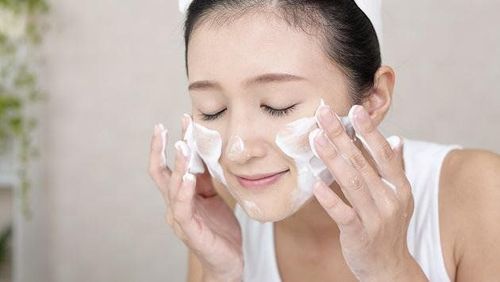
Sữa rửa mặt giúp loại bỏ tế bào chết, đem lại làn da khỏe mạnh
Lotion: A retinoid lotion can help clear the skin and reduce wrinkle formation. Sulfur-based products may be suitable for routine use. In addition, lotions containing benzoyl peroxide are also particularly good at treating acne. Cosmetics: Some cosmetics contain salicylic acid to help fight acne. However, it is necessary to choose products that are safe, do not cause allergies or clog pores.
2.2. Treatment of acne
Currently, there are many different methods applied to treat acne, some of which stand out are:
Use of drugs: Drugs that control the production of hormones such as birth control pills May help reduce acne. In addition, some antibiotics as well as retinoids prescribed by doctors can also be effective. In many cases, patients can even take Aldactone (a drug used to treat high blood pressure) to treat acne. The method is highly effective, but it takes up to three months to take effect.
Isotretinoin is also a drug prescribed by doctors to treat acne. However, they are contraindicated for women who are pregnant or planning to become pregnant. High-tech method: The most common is using a laser to treat acne. However, these methods are often very expensive and can be painful.
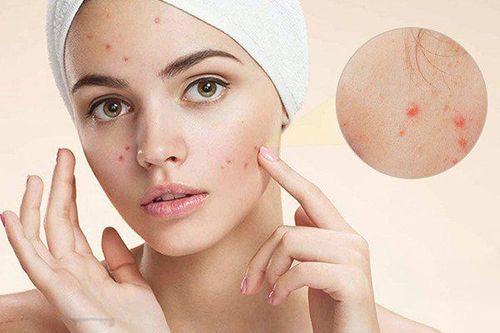
Mụn trứng cá nên được điều trị triệt để
Acne that appears after puberty is one of the problems that bring discomfort to many people. However, adult acne can be treated in a variety of ways, from self-care to other treatment options.
Try a few different treatments to find the one that works best for you to help you achieve a healthy and vibrant glow.
Customers can directly go to Vinmec Health system nationwide to visit or contact the hotline here for support.
Articles refer to sources: webmd.com, healthline.com




